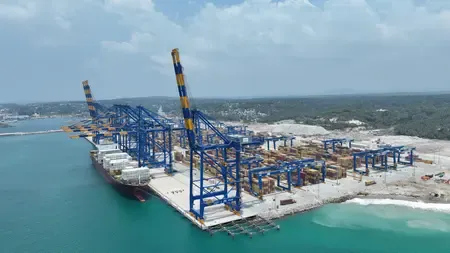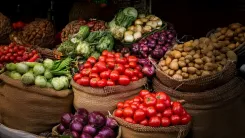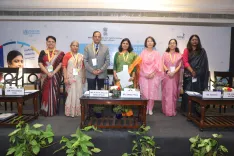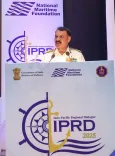How are FAO and Bay of Bengal countries preparing action plans for small-scale fisheries?
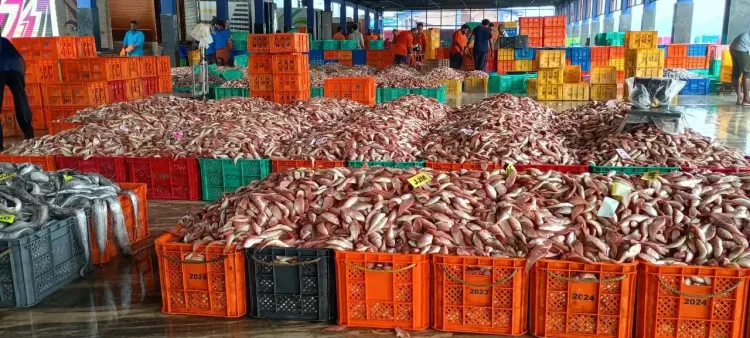
Synopsis
Key Takeaways
- FAO and BOBP-IGO collaborate to strengthen small-scale fisheries.
- National action plans will be developed to secure livelihoods.
- Capacity-building meet scheduled in Chennai from September 17 to 19.
- Participation from multiple Bay of Bengal nations.
- Focus on sustainability and resource management.
Kochi/Chennai, Sep 16 (IANS) The Food and Agriculture Organization (FAO) of the United Nations, together with the Bay of Bengal Programme Inter-Governmental Organisation (BOBP-IGO), is set to support India and other nations bordering the Bay of Bengal in formulating national action plans aimed at enhancing small-scale fisheries and protecting the livelihoods of millions who rely on them.
A three-day regional capacity-building conference will take place in Chennai from September 17 to 19, laying the groundwork for tailored roadmaps for a National Plan of Action for Small-Scale Fisheries (NPOA-SSF).
Officials and representatives from India, Bangladesh, Sri Lanka, and the Maldives will join the event, which will be inaugurated by Union Fisheries Secretary Abhilaksh Likhi, IAS. The gathering aims to unite FAO experts, policymakers, and marine scientists.
This initiative is aligned with the UN Sustainable Development Goals, particularly SDG 14 (Life Below Water), and adheres to FAO’s guidelines for sustainable small-scale fisheries.
Dr. P. Krishnan, Director of BOBP-IGO, stated that the proposed action plans will address critical issues, such as fisher rights, equitable working conditions, safety at sea, women's involvement in fisheries, and sustainable management of marine resources.
“This initiative could bolster the future of fishing communities throughout the Bay of Bengal, ensuring both livelihood security and healthier aquatic food production by leveraging marine and inland resources,” he commented.
Dr. Lena Maria Westlund, International Fisheries Analyst at FAO, emphasized the significance of this effort: “Small-scale fisheries are vital for coastal communities, supplying food security and livelihoods to millions. Nevertheless, the sector faces considerable challenges due to climate change and escalating competition for resources. The discussions and capacity-building initiatives in Chennai are pivotal in aiding each country to devise actionable strategies to protect this sector.”
In India, experts from the Central Institute of Fisheries Technology (CIFT), Central Marine Fisheries Research Institute (CMFRI), and the Fishery Survey of India (FSI), along with government fisheries officials and other stakeholders, will play a part in crafting the roadmap.
The Chennai meeting is anticipated to yield a comprehensive framework that empowers national task forces in each country with the essential tools and knowledge required to develop resilient, inclusive, and sustainable small-scale fisheries moving forward.



